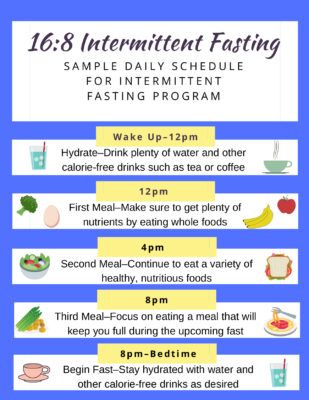Fish oil supplements have gained significant popularity in recent years due to their numerous health benefits. Derived from the tissues of oily fish, such as salmon, mackerel, and sardines, fish oil is rich in omega-3 fatty acids, specifically eicosapentaenoic acid (EPA) and docosahexaenoic acid (DHA). These omega-3 fatty acids are essential for optimal health and can be obtained through a healthy diet or by taking fish oil supplements.
The Benefits of Fish Oil Supplements
1. Promotes Heart Health:
Fish oil supplements have been widely recognized as beneficial for heart health. Omega-3 fatty acids help reduce triglyceride levels, lower blood pressure, and decrease the risk of cardiovascular diseases. These fatty acids can also reduce inflammation in the body, which is a leading cause of heart disease.
2. Supports Brain Function:
Research suggests that omega-3 fatty acids, particularly DHA, play a crucial role in brain health. They can support cognitive function, reduce the risk of cognitive decline, and potentially prevent conditions such as Alzheimer’s disease. Regular intake of fish oil supplements has also been associated with improved mood and reduced symptoms of depression.
3. Reduces Inflammation:
Inflammation is a natural response that helps the body fight against infections and heal injuries. However, chronic inflammation can lead to various health problems, including heart disease, arthritis, and certain types of cancer. Omega-3 fatty acids in fish oil supplements have anti-inflammatory properties that can help reduce inflammation and protect against these conditions.
4. Promotes Eye Health:
DHA, an essential omega-3 fatty acid found in fish oil supplements, is a major component of the retina. Adequate intake of DHA promotes good vision, reduces the risk of macular degeneration, and helps prevent dry eyes. Pregnant women are often advised to take fish oil supplements to support the development of their baby’s eyes and brain.
5. Supports Joint Health:
Fish oil supplements can also benefit joint health by reducing stiffness, pain, and inflammation associated with arthritis. The omega-3 fatty acids in fish oil help lubricate the joints, promote joint flexibility, and protect against cartilage breakdown. Regular use of fish oil supplements may help improve overall joint function and alleviate symptoms of arthritis.
Dosage Recommendations
The appropriate dosage of fish oil supplements may vary depending on an individual’s age, health status, and specific needs. It is generally recommended to consult with a healthcare professional before starting any new supplements. However, here are some general guidelines:
1. For Heart Health:
To maintain heart health, the American Heart Association recommends consuming 1 gram (1000 mg) of EPA and DHA combined daily. This can be achieved by taking a daily fish oil supplement containing at least 500 mg of EPA and DHA.
2. For Brain Health:
For cognitive support and brain health, it is recommended to consume higher amounts of omega-3 fatty acids. A dosage of 1000-2000 mg of EPA and DHA combined is commonly suggested. However, consulting with a healthcare professional is advised for individualized recommendations.
3. For Joint Health:
Individuals seeking joint health benefits from fish oil supplements are typically recommended to take 1000-3000 mg of EPA and DHA combined per day. This dosage can be adjusted based on individual needs and severity of joint conditions.
It is important to note that fish oil supplements may interact with certain medications or have potential side effects. Therefore, it is crucial to seek professional advice before taking fish oil supplements, especially if you have any existing health conditions or are on prescribed medications.
Conclusion
Fish oil supplements offer a range of health benefits, from promoting heart and brain health to reducing inflammation and supporting joint function. The omega-3 fatty acids, EPA and DHA, present in these supplements are essential for maintaining optimal health. However, it is important to follow recommended dosage guidelines and consult with a healthcare professional to ensure the correct usage and monitor any potential interactions or side effects.








